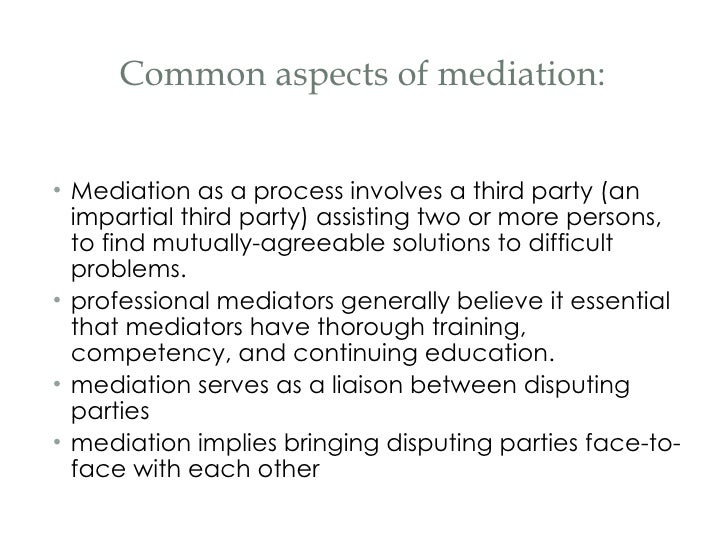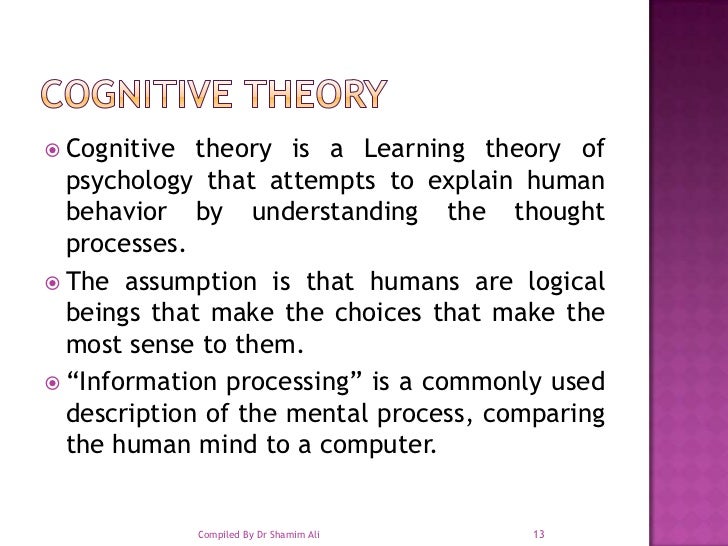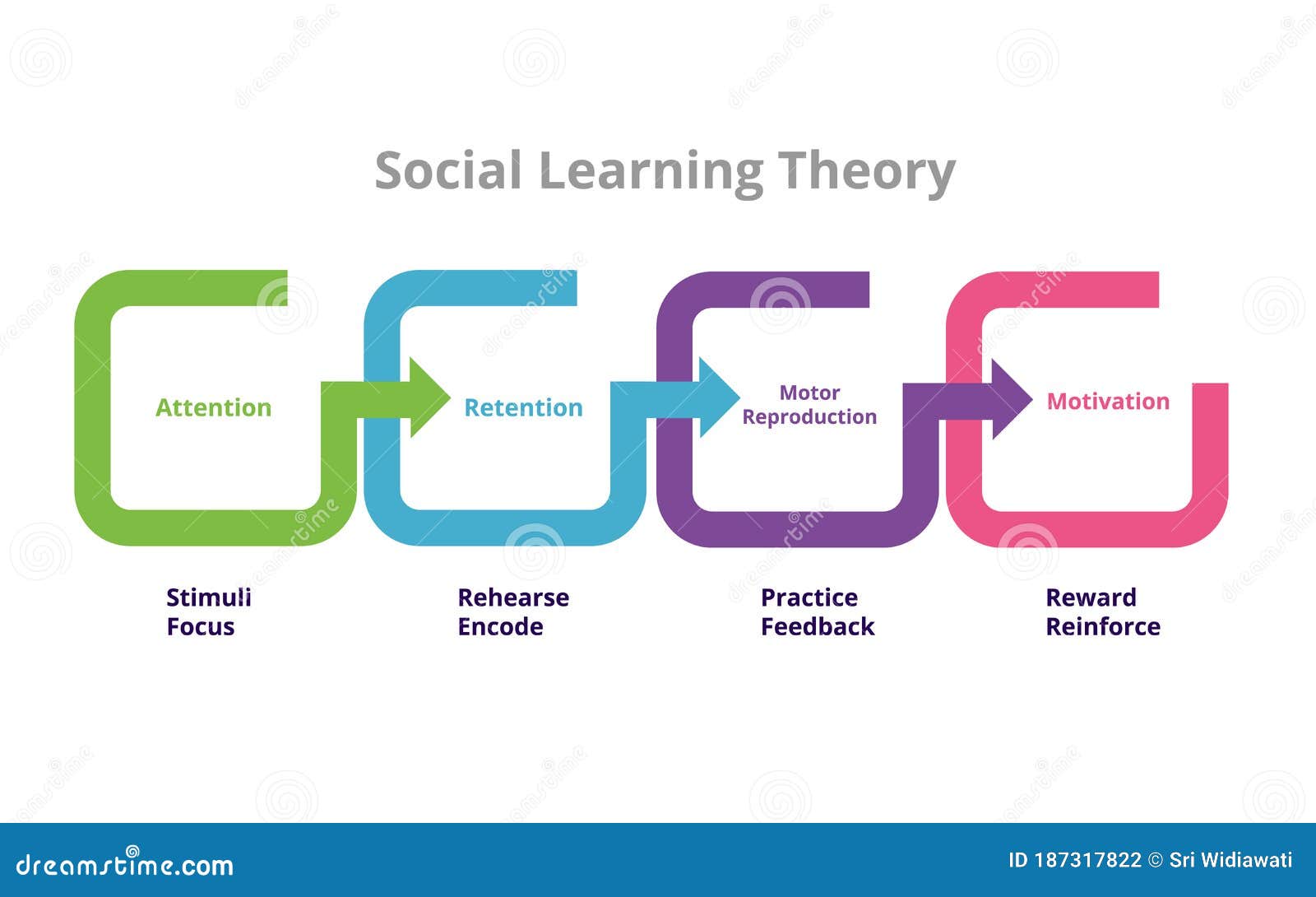
Through joint sessions and separate caucuses with parties, the mediator helps both sides define the issues clearly, understand each other's position and move closer to resolution. The mediator's role is to guide the parties toward their own resolution. At some point, the mediator may pose a final agreement for the parties and urge them to accept. Mediation is an informal and flexible dispute resolution process.

Teacher CPD: Join us in London for another packed programme of face-to-face CPD courses. Modelling can occur when an observer imitates a role model, or when a person produces a specific behaviour (acting as a model) that may then be imitated. The mediator works to find points of agreement between the parties, in an effort to reach an agreement. Modelling is a process that occurs during Social Learning.The mediator goes back and forth between the parties during this time, clearing up misunderstandings, and carrying information, proposals, and points of agreement.The mediator talks with each party, proposing solutions, trying out scenarios, trying to get a commitment to a settlement by both parties. At this point, the mediator may ask the parties to caucus (get together separately) for the purpose of discussion). According to Bandura, four mediational processes must occur for imitation of behaviour to take place: attention (an individual must pay attention to the model’s behaviour (e.g.After both parties have spoken, the mediator may ask more questions, both to clarify the issues and to provide the other party with greater understanding.If the parties are too emotional, this part of the process may be cut short. The mediator may ask clarifying questions, but typically the parties do not question each other. Both parties have an opportunity to tell their story about what happened, from their viewpoint. The mediator then asks for statements from each party.To assess if the participants dropout process could be considered missing. Social learning theory considers how both environmental and cognitive factors interact to influence human learning and behavior. t1t3) (28), and 843 cases participated in wave 1 only (46). Reviewed by Olivia Guy Evans Social learning theory, proposed by Albert Bandura, emphasizes the importance of observing, modeling, and imitating the behaviors, attitudes, and emotional reactions of others. whereas low need satisfaction does not necessarily involve need frustration, need frustration by definition. The mediator ends the introduction by explaining the ground rules for the process. Thus, we tested the longitudinal mediational effects of.

It aims to alleviate distress by helping patients to develop more adaptive cognitions and behaviours.

It is a directive, time-limited, structured approach used to treat a variety of mental health disorders. The mediator then outlines the process and the roles of the mediator, the parties, and attorneys (if present). The bridge between learning theory and the cognitive approach because it focuses on how mental (cognitive) factors are involved in learning - these factors. Cognitive behavioural therapy (CBT) explores the links between thoughts, emotions and behaviour. The mediator begins by welcoming the parties and introducing the parties to each other.


 0 kommentar(er)
0 kommentar(er)
